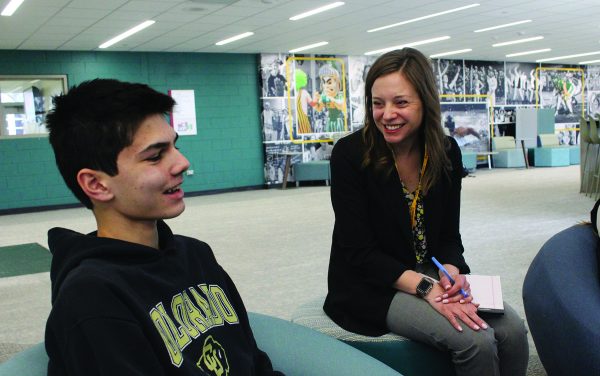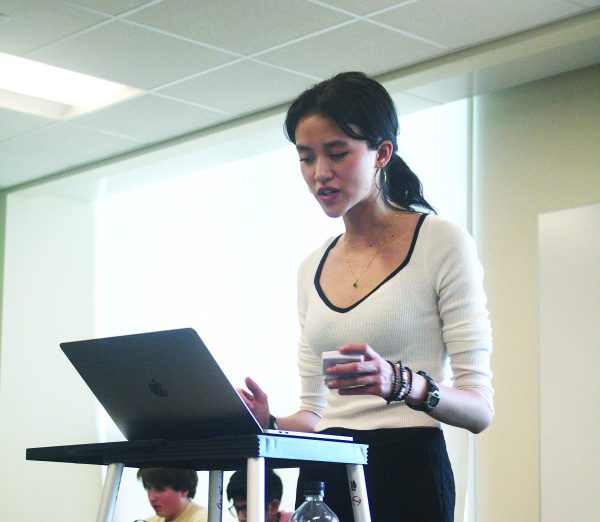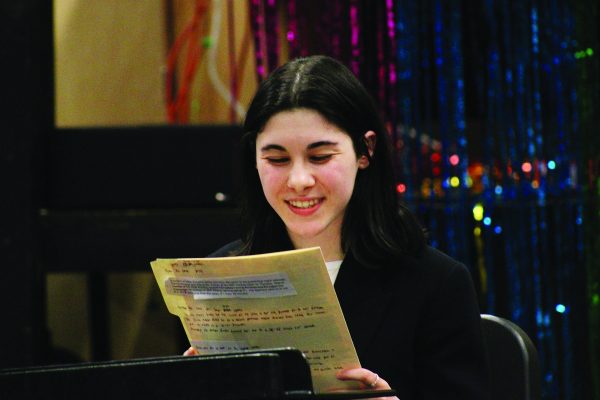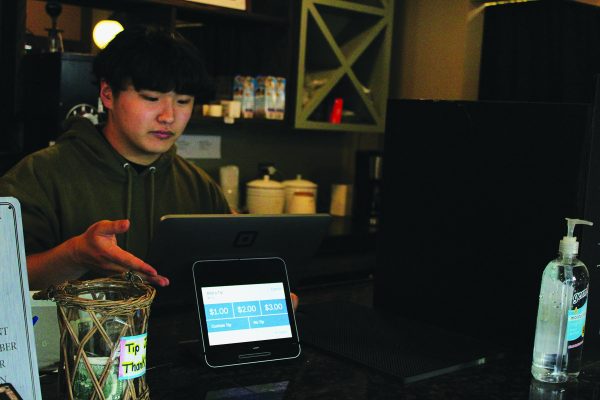Heavy student workload inspires policy change, debate
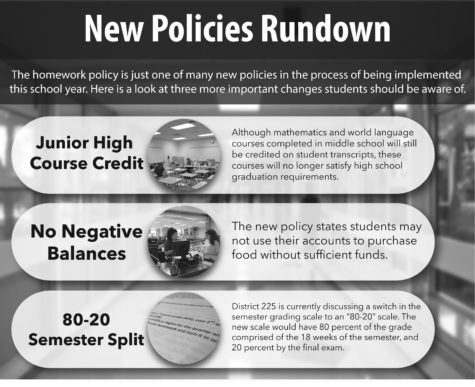
After returning from his daily varsity soccer practice, senior Ryan Golde sits down at his desk. He looks over at the clock. 6:30 p.m.. Time to begin the hours of homework assigned in his AP classes.
The combination of homework from AP classes and extracurriculars often causes Golde overwhelming stress. These concerns about the difficulty of balancing student workload have inspired the creation of a new homework policy, according to Eric Etherton, associate principal for curriculum and instruction. The new policy, approved July 25, aims to start discussions about the purpose of homework being assigned and its relation to the material studied in class.
The policy states homework must reinforce previously learned material or introduce new material. Teachers, in coordination with their department supervisor, will determine the frequency, amount and rigor of homework, as well as work with the Superintendent or other designee to develop guidelines for effective homework practices.
Golde said most of his homework usually reinforces the material studied in class, adding that the homework can be useful when trying to apply the material.
“It’s nice because if you do your homework really well, you don’t have to end up studying as much for the test because you know the material going into studying already,” Golde said.
But he said homework can eventually become overly repetitive, with students finding themselves having to review concepts frequently.
According to Etherton, it is difficult to distinguish when meaningful work becomes busywork because each class and student is different.
Science teacher Mike Piskel said he understands that homework must be meaningful but believes that the new policy may not change the content of homework.
“I think you would find that most teachers would probably say, ‘Tell us what the details of [the policy] are because we already believe we assign meaningful homework,’” Piskel said.
Yet, according to Piskel, some of his students believe the reading homework in his Brain Studies class is sometimes busywork.
“That’s their interpretation,” said Piskel. “It’s not mine. My interpretation is: I want a dynamic classroom where I get lots of ideas flowing from students [and I] am able to [contribute] some of my interpretations of the articles.”
Golde said he sometimes gets overloaded from his AP classes, with upwards of two hours of homework per night from each class.
According to Piskel, students subject themselves to a heavier workload by signing up for various AP classes.
“You cannot take an AP class and not expect homework,” said Piskel. “It’s a college level class.”
Etherton said an awareness of the individual students within each class is important to determining when an assignment changes from meaningful work to busywork and is also one of the most difficult aspects of being a teacher.
Maria Vasilopoulos, instructional supervisor for mathematics, understands this difficulty and has already begun to design her classroom around this problem.
Vasilopoulos said she uses ungraded assessments to determine if students have achieved the goals of a lesson and then gives personalized homework assignments based on a student’s performance on the assessment. She added that this approach can help motivate students to focus on and understand the material being taught.
“[Students] know that if they put the quality time in during my block, and they show me that they’ve learned [the material], then their reward is they don’t have to go home and practice 20 similar problems,” Vasilopoulos said.
Piskel said even if there are discussions, he does not believe the new policy will have much impact on the overall science curriculum.
“I believe with this new initiative, [the homework policy] will be something that is incorporated into both the late arrival discussions and [department] meetings as the policy becomes defined and as the administration sees the implementation of the policy,” said Piskel.
“But as of now, in the science department, we have not spent any significant amount of time discussing and implementing [the] new policy.”
Etherton said the homework policy is still being defined for each curriculum and is the focus of discussions at the district level.
“It’s an open ended discussion that we’re just starting, so where will it go?” said Etherton. “We don’t know yet. But, I think, to me, it’s pretty exciting that we’re having these conversations.”


